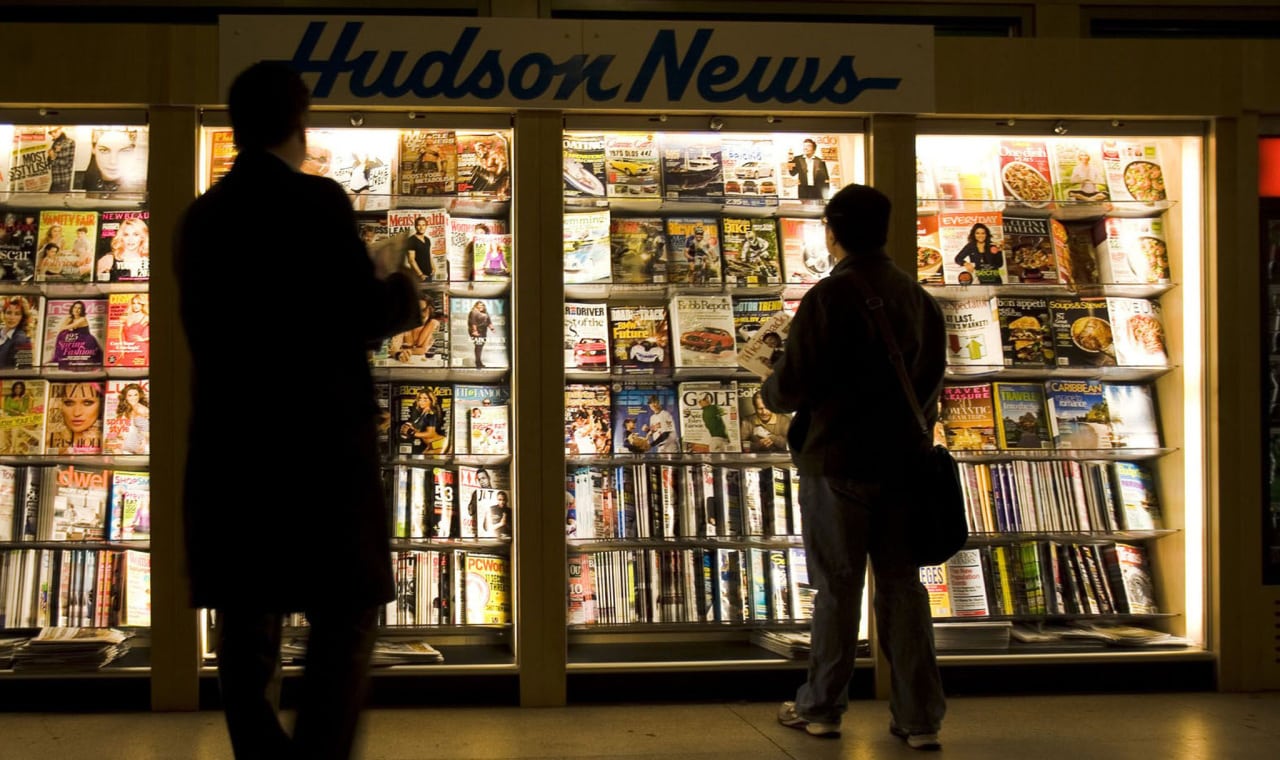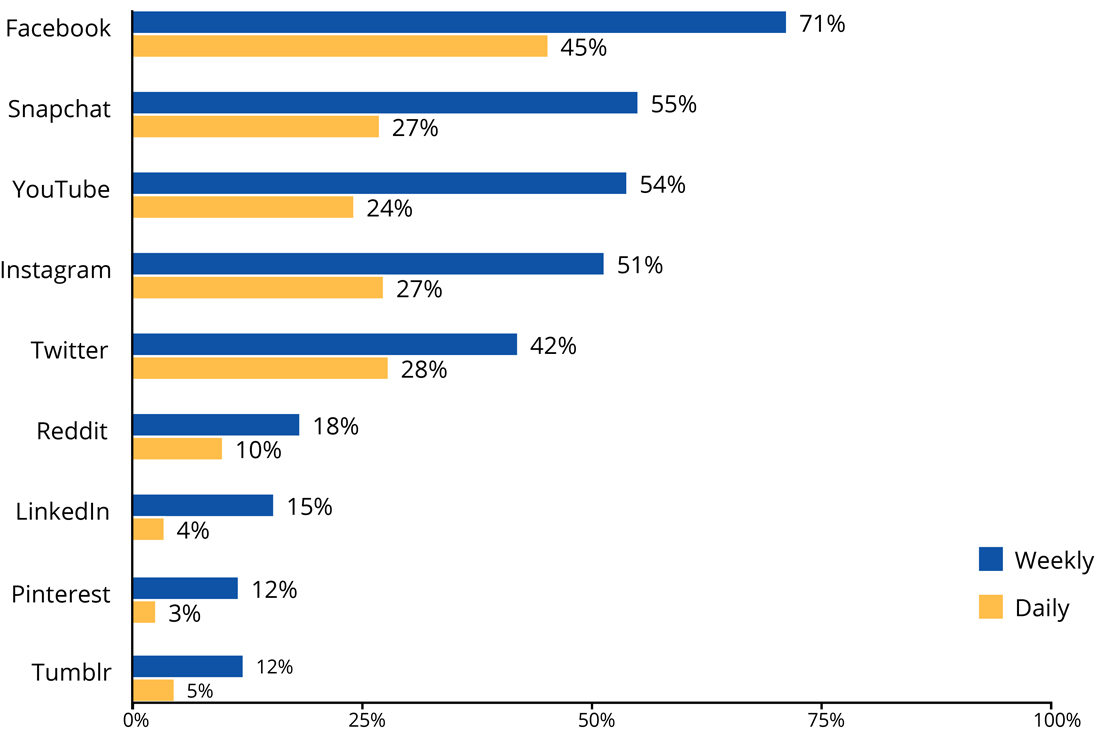In brief: Today's youth are increasingly relying on Internet-based technology to gather news but as survey data from Project Information Literacy highlights, word of mouth is still one of the most popular ways to learn about the latest happenings.

A yearlong study from Project Information Literacy reveals that 89 percent of US college students get at least some of their news during the preceding week from social media.
Of the five key pathways to newsgathering among college students, social media was the second most popular. Discussions with peers were the most popular way to receive news as 93 percent of respondents indicate. Online newspapers at 76 percent and news feeds at 55 percent were also common sources, as were discussions with professors at 70 percent.

Social media networks as pathways to news
Unsurprisingly, the world’s largest social network is also the top source for news. On a weekly basis, 71 percent of students said they get their news from Facebook. Snapchat was the second most popular option at 55 percent followed by YouTube at 54 percent. That’s a bit surprising as I wouldn’t have classified Google’s video sharing platform as a source for news but rather, an entertainment outlet.
Project Information Literacy’s study was based on survey data from nearly 6,000 students across 11 colleges and universities. Follow-up interviews were also held with 37 respondents and a Twitter panel of more than 135,000 college-age people was used to help frame the survey results.
What’s your medium of choice for gathering news? The Internet, television, print newspaper, friends and family, etc.? Feel free to share in the comments section below.
https://www.techspot.com/news/77035-social-media-one-five-primary-sources-gathering-news.html